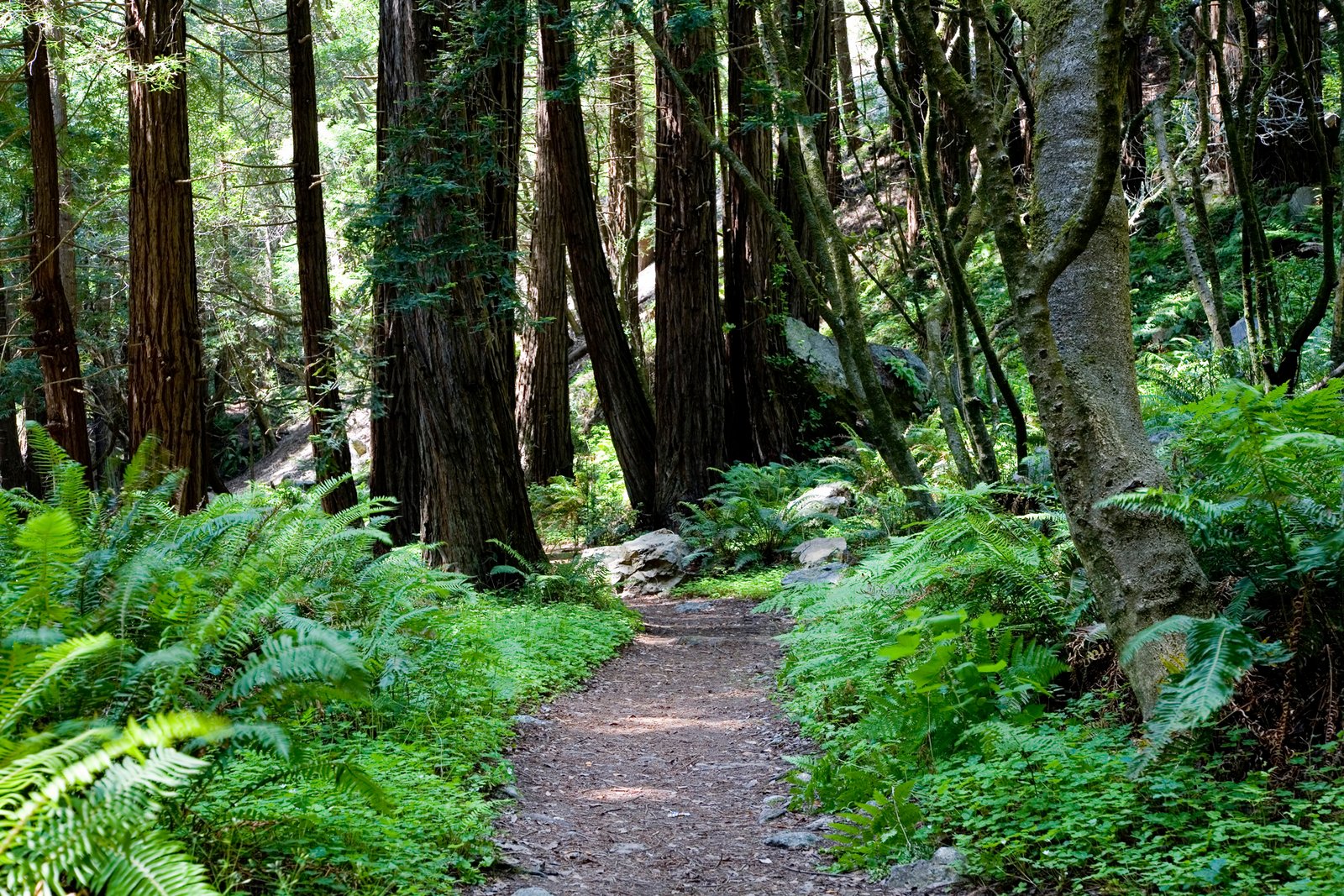Bioresource information available now on DBT's single window platform
June 09, 2015 | Tuesday | News | By BioSpectrum Bureau
Bioresource information available now on DBT's single window platform
Indian Bio-resource Information Network (IBIN) is playing a significant role in offering a platform to maintain records of millions of species thriving in Indian biodiversity.
The vast natural biodiversity present in various states of India is well known and equally debated is the need to conserve the bioresources through various means. Therefore, now several institutes in the country have been working to document the status of the different species.
In order to bring them on a platform, the Department of Biotechnology (DBT) initiated a programme, Indian Bio-resource Information Network (IBIN) in collaboration with Indian Institute of Remote Sensing (IIRS) Indian Space Research Organisation (ISRO) and University of Agricultural Sciences (UAS), providing a single window gateway to access distributed bio-resource database available in the country.
The network will offer spatial and non-spatial services like biodiversity characterisation and inventorisation on diverse domains of bio-resources and biodiversity. IBIN has developed a distributed national data infrastructure to serve relevant information on various issues of bio-resources of the country to a range of end users like scientists, wildlife conservationists in a distributed framework.
Collaborative effort with Indian Space Research Organisation and University of Agricultural Sciences assembled data on 39,000 species of plants, animals, marine organisms and microbes. Species and spatial data services to be provided to end users. Will help bio-prospecting, marketing, protecting bio-piracy & bio-resource conservation India is a country known for its vast and diverse natural resources. With a strong commitment to preserve and utilize India's resources for public good DBT has made an effort to bring the knowledge about the resources that lie distributed in several institutions in the country on a single platform.
There are two core data nodes of the IBIN portal - the Species data (.Jeeva Sampada) maintained at UAS, Bangalore and Spatial data (Jeeva Manchitra) maintained at IIRS (ISRO), Dehradun. A network of partners called Bio-resource Information Centres (BRICs) are being adopted who will serve India's bio-resource's data like plant, animal, marine, spatial distribution and microbial resources etc. from their respective institutes/centres located in different parts of the country.
This network would be expanded and more such existing database would be connected to provide both spatial and non-spatial information. IBIN facilitates value addition to the diverse and distributed datasets by bringing them together on one platform. Apart from the identified BRICs, there is a provision to capture the information provided by the end users as well.
As per DBT, the data will be categorised on the basis of the source from which it is obtained.
Core data - database that has already been created by the existing major IBIN nodes
Distributed data- the data that would be contributed by its major partners (BRICs) and,
Captured data - the data contributed by the end users in the public domain.
Curetted data - the information that is processed and filtered periodically. The data is filtered and evaluated periodically by a national team of curator from IBIN and uploaded on the portal.
Raw data which is captured from the public sources but yet to be curetted.
The IBIN portal also offers these datasets in multilingual form for the benefit of end users.
Five bio-resource information centres have been identified. They are Institutes of Himalayan Bio-resource Technology, Palampur, Himachal Pradesh. Bio-informatics Centre, NEHU, Shillong, Foundation for Revitalizing Local health Traditions, Bangalore Department of Botany, University of Calcutta, Kolkata and Ashoka Trust for Research in Ecology and the Environment, Bangalore. The network which initiated in the year 2011 has already assembled information on 39,000 species of plants, animals, marine organisms and microbes.
IBIN's aim is to network and promote an open ended, co-evolutionary growth among all the loosely coupled digital databases related to biological resources of the country and to add value to the databases by integration and sharing. It is designed to serve relevant information on bio-resources of the country to the professionals involved in bio-prospecting, marketing, protecting bio-piracy and the conservation of bio-resources.









